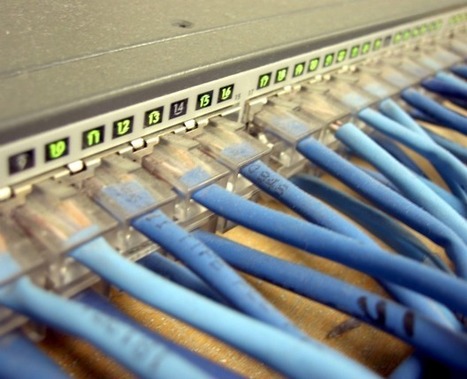A video info graphic that compares the internet today to 10 years ago.
Research and publish the best content.
Get Started for FREE
Sign up with Facebook Sign up with X
I don't have a Facebook or a X account
Already have an account: Login

 Your new post is loading... Your new post is loading...
 Your new post is loading... Your new post is loading...
|

Teresa Levy's comment,
October 25, 2012 8:31 PM
more like a pyramid. People did it and threw away the key
|




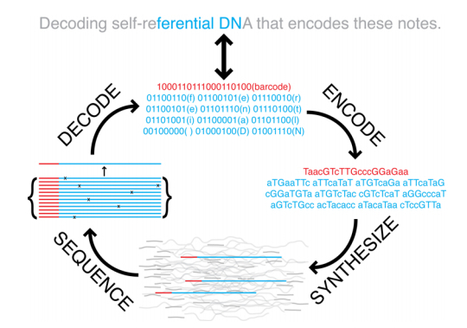
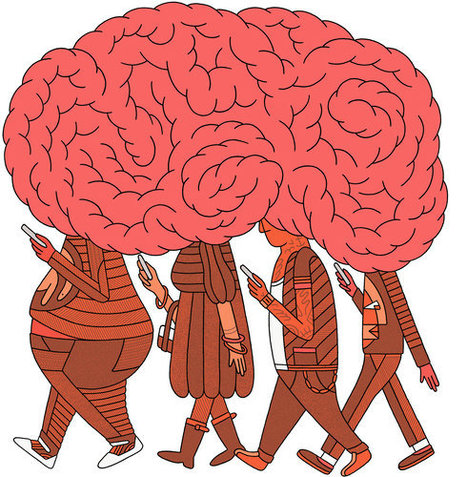
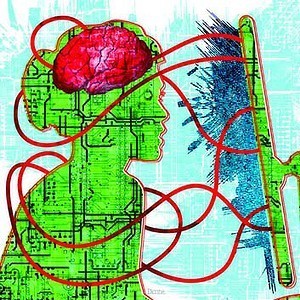

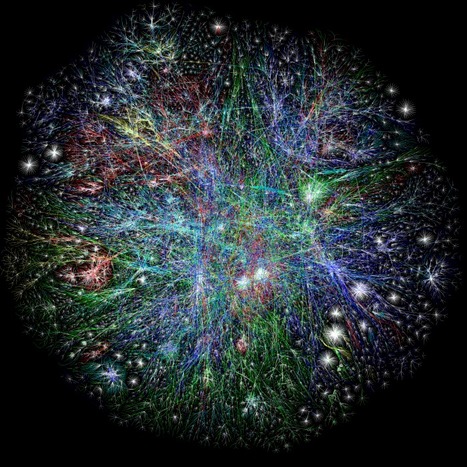



![[VIDEO] Invention of the Internet in 1934? | Science News | Scoop.it](https://img.scoop.it/v2m4yfWdLdViv6CTGuBUBTl72eJkfbmt4t8yenImKBVvK0kTmF0xjctABnaLJIm9)


